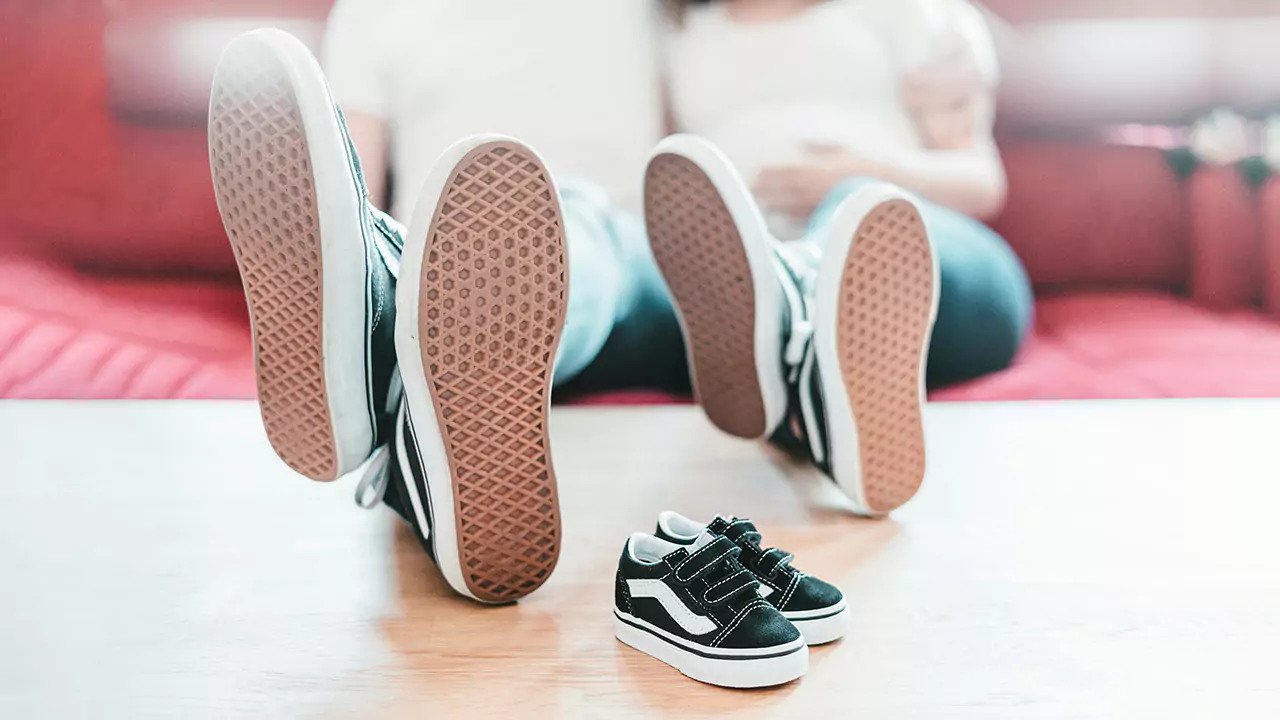When does parenting get easier? Honestly speaking, no one knows! There is no concrete answer to this because it is a highly subjective opinion. But, many couples have overcome this parenting challenge and have a consensus that:
- Around 6 Months: Toddlers can at least eat, sleep, and play properly.
- At the 1-Year Mark: They become more independent and start to respond more appropriately.
- Reaching 3 Years: This is a significant stage when they become more responsive, expressive, and self-sufficient.
Many parents also believe that parenting does not get easier, even when your kids get older. Every stage has its own struggles.
Let me take you through every age group so you can find some actionable tips to relax as a busy mom of a toddler.
How Parenting Changes Over Time (Stage-by-Stage Breakdown)

Parenting doesn’t just “click” one day—it evolves. Here’s how it often shifts as your child grows.
Stage 1: The Hardest Years of Parenting (Infancy – 0-12 Months)
This stage is almost the same for every parent emotionally. They are tired of toddlers’ tantrums. You’re on-call 24/7, juggling diapers, feeding schedules, and disrupted sleep. There’s joy, yes—but also survival mode.
Sometimes, it also gets tough to be patient with such kids. However, these tips can help:
- Prioritize Sleep (Yours!): Tag-team nights, sleep when baby sleeps (seriously!).
- Lower expectations for perfection: The house won’t be spotless. That’s normal.
- Nap when you can—but more importantly, rest your mind: Sometimes, a short scroll-free break or mindfulness meditation can be more restorative than sleep.
Stage 2: The Testing Ground (Toddlerhood – 1-3 Years)
The toddlerhood is the most interesting (and sometimes emotionally draining) years for parents. They start to talk to you, walk easily, and get entertained with just simple kids toys.
But there is another side to the story as well: You have to face their tantrums or arguments if they are strong-headed.
Here is some parenting advice for new parents of toddlers:
- Smart Screen Time for Young Kids: They should only have 1 hour of screen time a day, as advised by the American Academy of Pediatrics.
- Learn your baby’s cues: Pay attention to patterns in crying, sleep patterns, and hunger—it helps prevent meltdowns (yours and theirs).
- Create a flexible routine: Babies thrive on predictability, but flexibility saves your sanity during sleep regressions.
Stage 3: Growing Independence (Preschool – 3-5 Years)
Since kids are going out, playing, and socializing in their own capacity at this stage, they might become more stubborn, aggressive, and emotionally vulnerable.
You need to be more conscious of your parenting style to handle this crucial age.
Here is what I’d suggest!
- Use simple choices to reduce power struggles: “Do you want the blue socks or the red ones?” still lets you be in charge.
- Reinforce routines with visuals: Morning and bedtime schedules work wonders for this age. Try to make dedicated meal plans to maintain a balanced diet as well.
- Catch good behavior fast: Don’t just react to tantrums—praise cooperation as soon as it happens.
Practical Parenting Advice to Survive the Toughest Stages
If you’re deep in the thick of it, here’s what can truly help:
- Lean on your village: Family, friends, online support groups. You’re not supposed to do it alone.
- Lower the bar: Perfect parenting is a myth. Kids need the real you, not a Pinterest version.
- Take breaks: Even 10 minutes with a coffee can recharge your soul.
- Celebrate the small wins: Done with a peaceful dinner without them crying for mommy? High five!
Conclusion: When It Does Get Easier (And What That Actually Means)
Parenting isn’t a straight line from hard to easy. It’s a journey with surprising plot twists. But you do get stronger. You learn to pick your battles. You learn to laugh more and stress less. And somewhere in the chaos, you find your rhythm.
So, when does parenting get easier? — The answer is: bit by bit, stage by stage. And yes, you’re already a much better parent even if you don’t feel like one.



